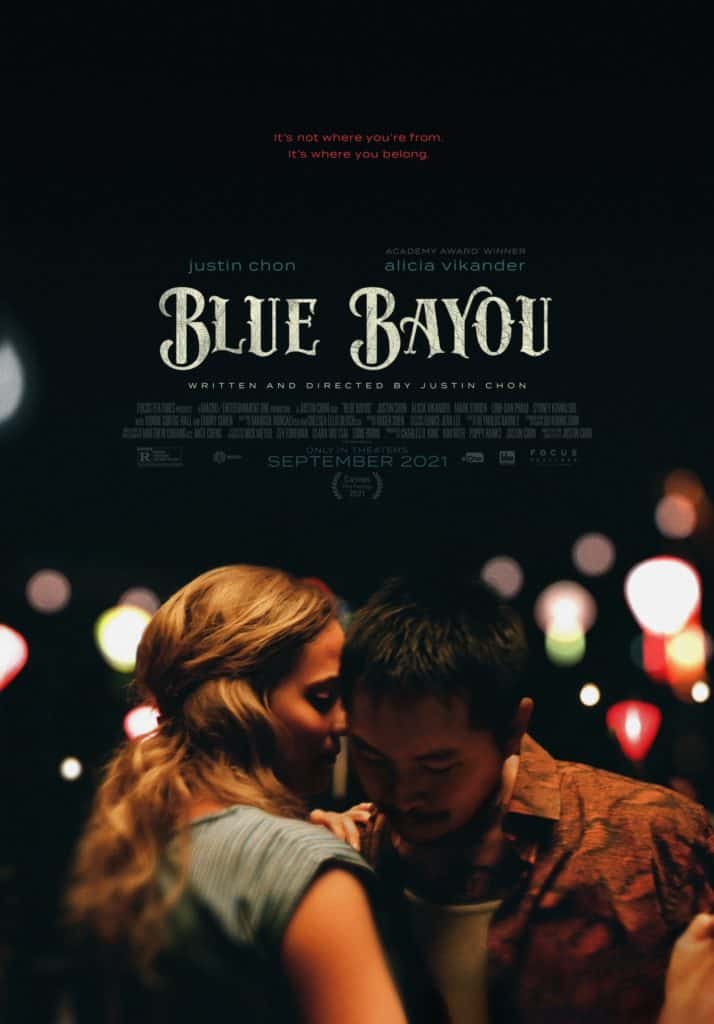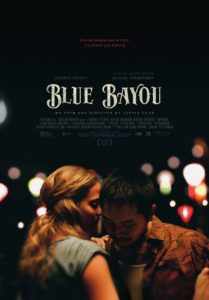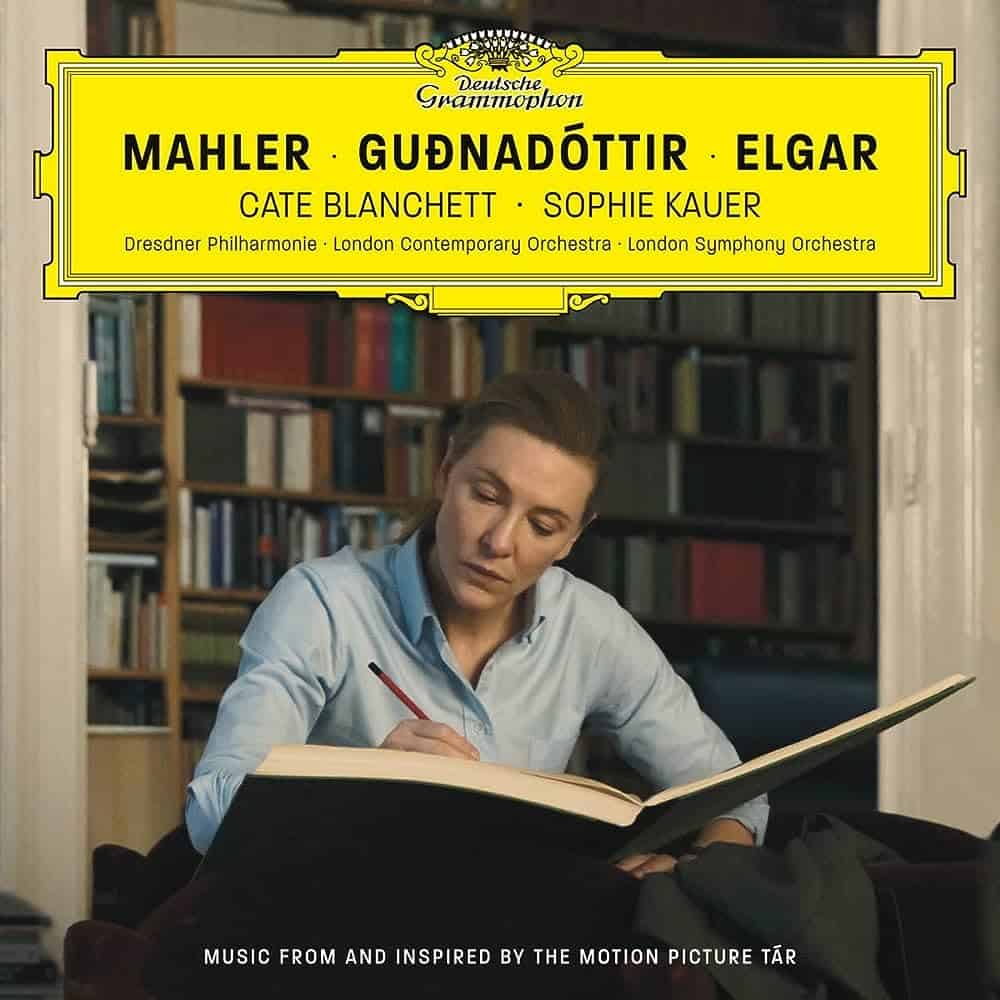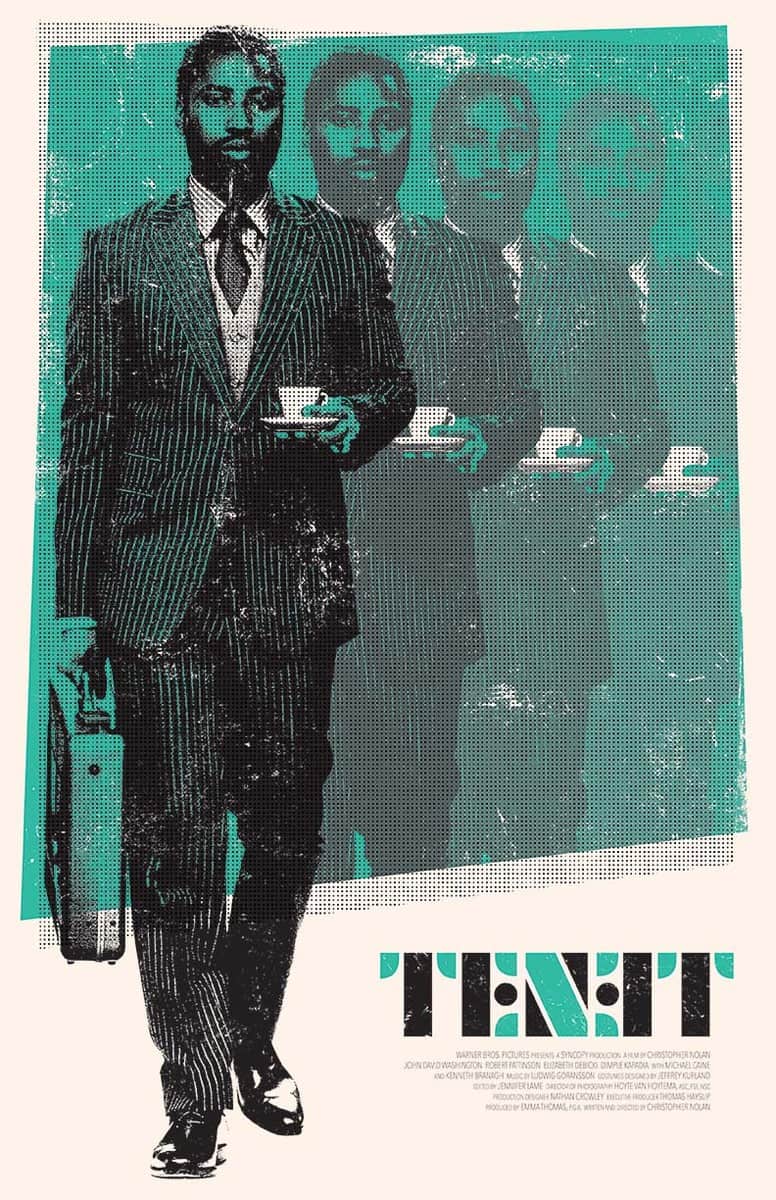
There’s something so profoundly heartbreaking about Justin Chon’s Blue Bayou, a film so authentically realistic and sad. The story, of a man trying to do right by his wife, stepdaughter, and son to-be, is one that stays within your soul and causes you to feel a deep pain for the characters presented. Chon’s portrayal of Antonio – a former criminal doing his best to shed his past and support his future while facing racism, corrupt police, and the possibility of deportation on a technicality – shines so brightly in a film full of excellent performances. The cinematography is gorgeous, showing the highs and lows of Louisiana, the mood is rich with ambiance and charm. The final (and in this writer’s opinion, secret weapon) element that helps elevate the film into a transformative filmgoing experience though, is found within one of the most heart wrenching yet ethereal scores, courtesy of composer Roger Suen.
Over the course of the entire score, Suen brings a series of cues that all work together to tell their own story. It’s special when a soundtrack can breathe on its own, allowing its listener to go through a hauntingly sad yet somewhat fulfilling ride, something Blue Bayou’s score does in spades. A combination of ambient strings and guitars, mixed with brass, transport you into the Louisiana, humid-as-hell vibe and inject you directly into this family drama. When Antonio learns he could possibly be deported due to an error in paperwork from his adopted parents, you feel the whirlwind storm coming, thanks to how effortlessly Suen invokes the deepest of emotions hidden within. “We’d Go to the Moon With You” reaches into your chest and rips your heart out, before “Stay Right Here,” a track featuring Suen and Li Diaguo, brings a galloping set of moods and further thrusts the story’s emotional weight into your lap. The tension builds with the track, leading into some of the most nerve-racking scenes in the film. Eventually, this culminates into Antonio going to any measures he can to provide for his family, even if it means repeating his past mistakes. “Shared Mistakes,” is without a doubt, one of the most beautiful tracks I’ve ever heard, feeling like something along the lines of John Williams and Jerry Goldsmith.
A perfect marriage of visual and musical elements, Chon’s film and Suen’s score work together to give one of the most incredible experiences of the past few years, despite the film’s difficult, harrowing nature. There’s something beautiful about tragedy at times and Blue Bayou is a perfect example of just that: the beautiful side of pain.
About the Author: Harper Smith is a film composer and journalist from California. When not writing about films and the music found within them, they release instrumental music as RainyDaysForGhosts and their debut book, Faith, Doubt, and Existential Horror (an analytical look at William Peter Blatty’s Faith trilogy) is hitting shelves next year via Bear Manor Publishing.
Editor’s Note: Roger Suen’s score for Blue Bayou was also featured in our Best Film Scores of 2021.




1 thought on “Blue Bayou by Roger Suen (2021) – Film Score Review”
Comments are closed.